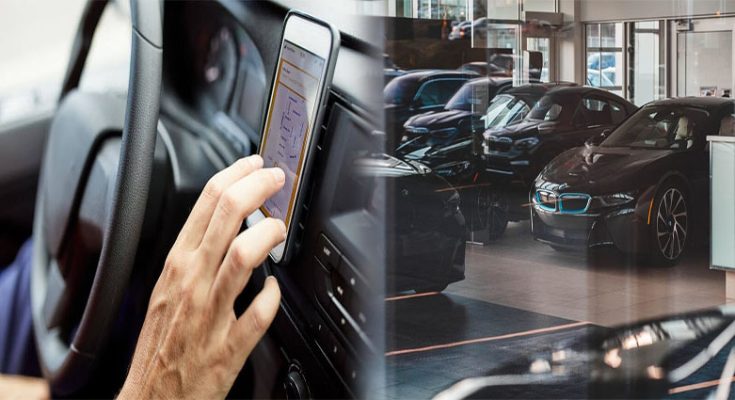
Legal Requirements for Running a Used Car Business from Home
If you’re considering starting a used car business from home, it’s important to understand the legal requirements and regulations involved in operating such a business. Selling used cars from your residence can be a lucrative venture, but it requires careful adherence to local, state, and federal laws. Here are the key legal requirements to consider when running a used car business from home:
Business License and Permits:
Before starting your used car business, you’ll need to obtain the necessary business licenses and permits. These may include a general business license, a used car dealer’s license, and permits for operating a business from your home. The requirements for these licenses and permits vary by location, so it’s essential to check with your local government or licensing authority.
Zoning Regulations:
Home-based businesses, including those selling used cars, are subject to zoning regulations imposed by local authorities. You must ensure that your residential property is zoned for conducting a retail or commercial business. Violating zoning laws can result in fines and legal repercussions, so it’s crucial to verify that your home-based business complies with local zoning regulations.
Vehicle Title and Registration:
As a used car dealer, you’ll be required to properly transfer vehicle titles and ensure that all vehicles in your inventory are appropriately registered. This involves accurately documenting vehicle ownership transfers and complying with state regulations regarding vehicle titles and registration.
Sales and Advertising Laws:
When advertising and selling used cars, you must comply with consumer protection laws and fair advertising practices. Misrepresenting the condition of a vehicle or engaging in deceptive advertising can lead to legal liabilities and penalties.
Consumer Protection and Warranty Laws:
Familiarize yourself with consumer protection laws and regulations governing used car sales. Depending on your location, you may be required to provide warranties, disclose vehicle history reports, …
Legal Requirements for Running a Used Car Business from Home Read More


